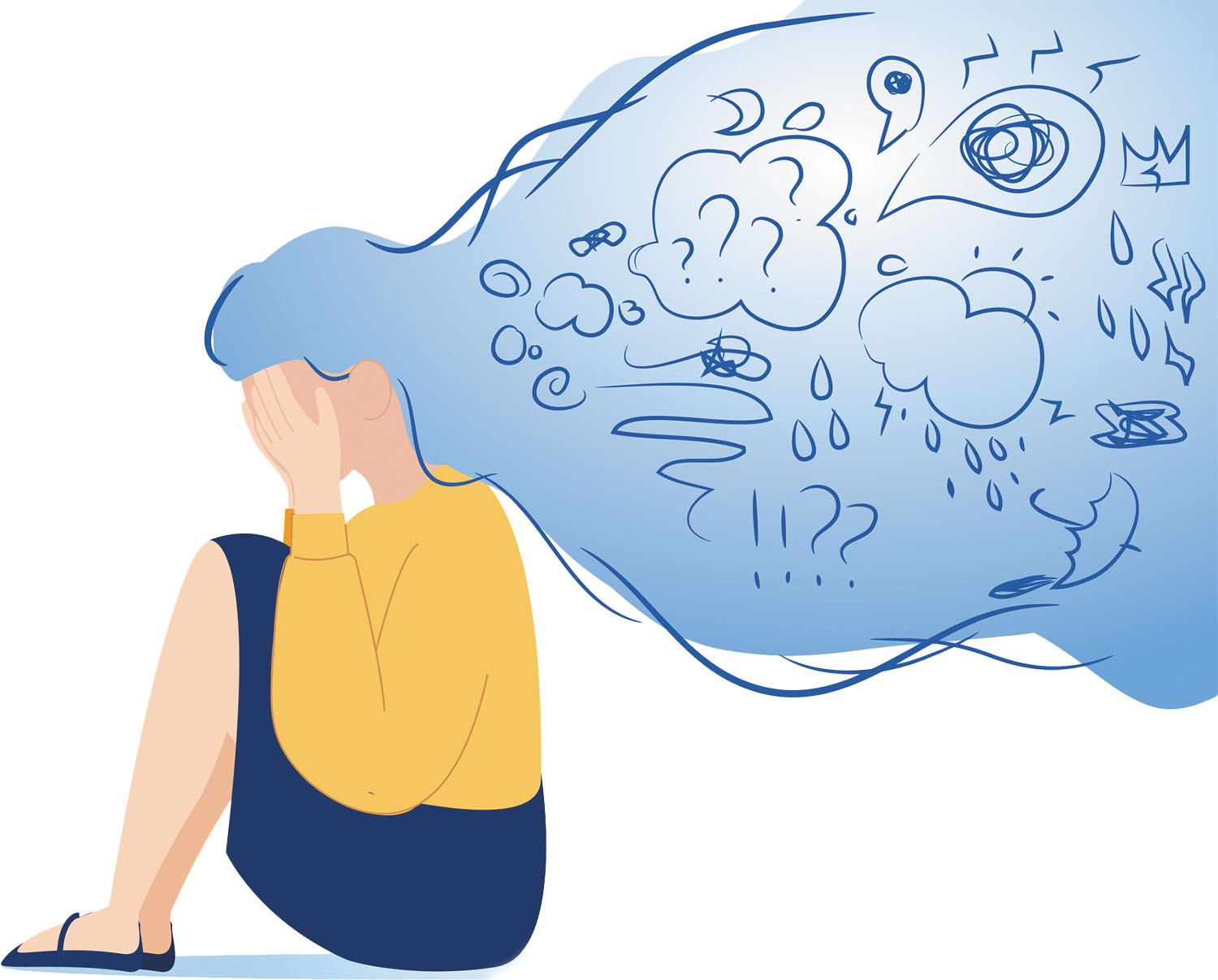
Trying to lose weight? Be careful not to lose muscle

Is your skin problem actually an autoimmune condition?

People with diabetes face higher risk of hearing loss

Antibiotic-free fixes for recurrent UTIs

Musculoskeletal syndrome of menopause: When menopause makes you ache all over

When can older women stop getting mammograms?

To lose weight, especially harmful belly fat, combine diet and exercise

Can men hold off on treating recurring prostate cancer?

The 7 types of rest and why we need them all

What are the early warning signs of cervical cancer?
Mind & Mood Archive
Articles
Can a spoonful of daily olive oil ward off dementia death?
A 2024 Harvard study of more than 92,000 healthy men and women (average age 56) found that consuming about half a tablespoon of olive oil per day was associated with a 28% reduction in the risk for dementia-related death, regardless of diet quality.
A balanced approach to eating may be best for brain health
People who followed a balanced diet consisting of a good mix of healthy foods like lean meats, vegetables, fruit, and dairy, with occasional processed foods had the highest scores of cognitive function compared with other eating patterns, according to a 2024 study.
Optimism may slow women's age‑related physical decline
A 2024 study suggests that optimism may help women stave off age-related physical decline.
Recognizing and easing the physical symptoms of anxiety
Anxiety can produce physical symptoms, such as headaches, stomach upset, and tightness in the chest. Sometimes this sets up a vicious cycle, in which anxiety triggers physical symptoms, and the symptoms magnify anxiety, which makes them even worse. Doing distracting tasks or relaxation exercises can help break this cycle. People should seek professional help if symptoms can't be controlled.
Parenting isn't easy: Two important skills can help
Parenting can be challenging, but childhood and adolescence can be difficult too. How can parents help their kids manage anger, sadness, anxiety, and handle emotionally trying times? Practicing two skills can help both your child and you.
Train your brain
As people age, cognitive skills wane and thinking and memory become more challenging, so they need to build up the brain's reserve. Embracing a new activity that requires thinking, learning, ongoing practice can be one of the best ways to improve cognitive skills like memory recall, problem solving, and processing speed.
Cannabis drinks: How do they compare to alcohol?
While alcohol remains the most-used drug in the US, daily cannabis use has outpaced daily drinking. In states where recreational cannabis is legal, a popular new item is cannabis-infused beverages. These products are different from edibles, and the timing and intensity of their effects on the body differ as well.

Trying to lose weight? Be careful not to lose muscle

Is your skin problem actually an autoimmune condition?

People with diabetes face higher risk of hearing loss

Antibiotic-free fixes for recurrent UTIs

Musculoskeletal syndrome of menopause: When menopause makes you ache all over

When can older women stop getting mammograms?

To lose weight, especially harmful belly fat, combine diet and exercise

Can men hold off on treating recurring prostate cancer?

The 7 types of rest and why we need them all

What are the early warning signs of cervical cancer?
Free Healthbeat Signup
Get the latest in health news delivered to your inbox!
Sign Up











